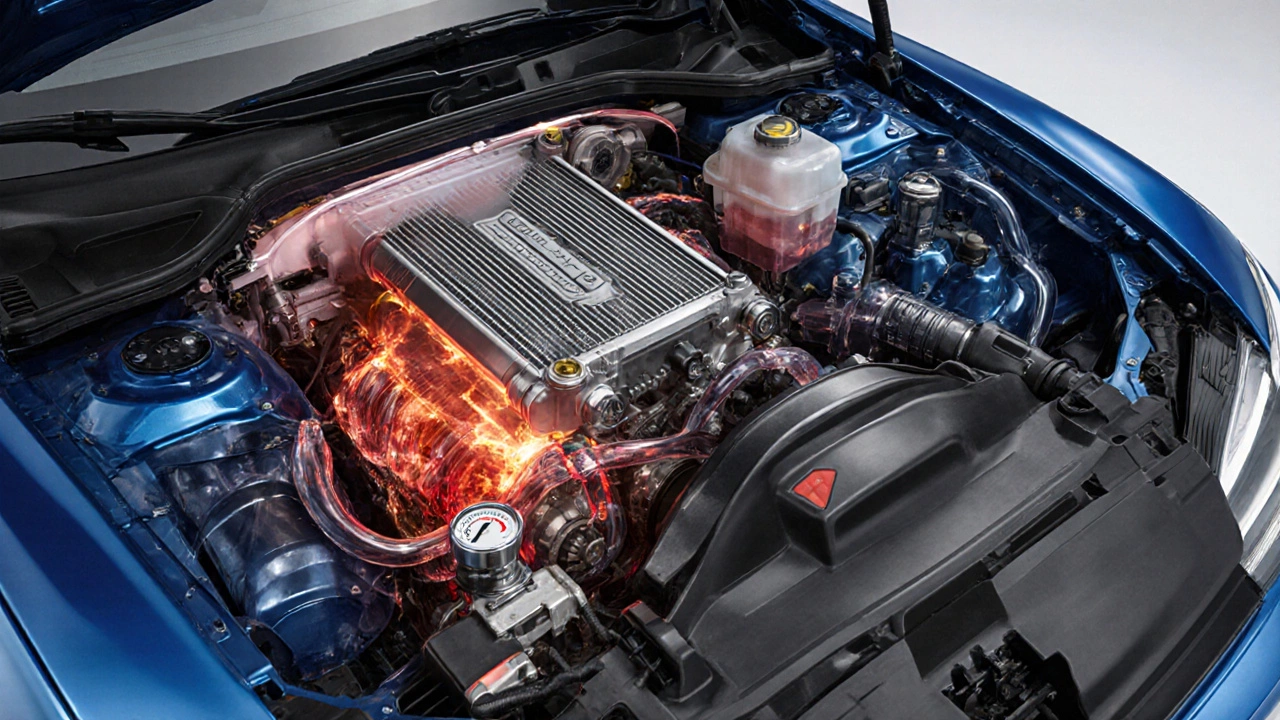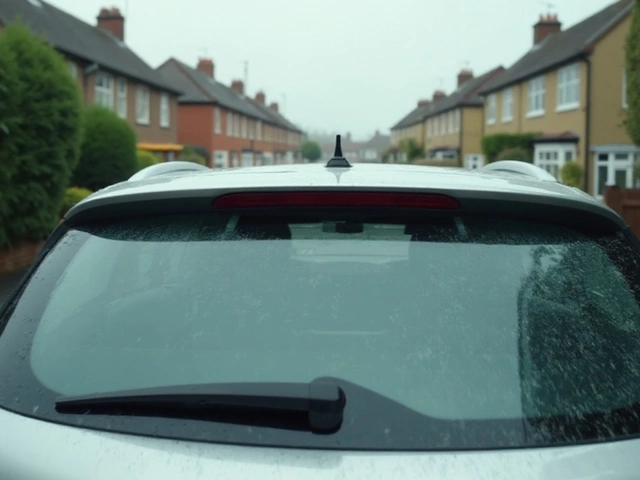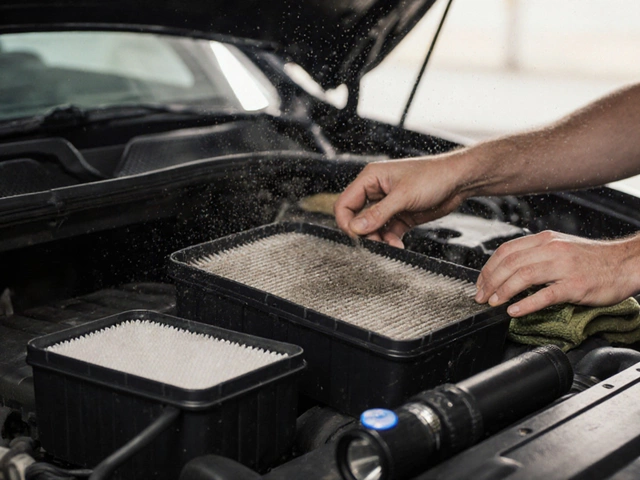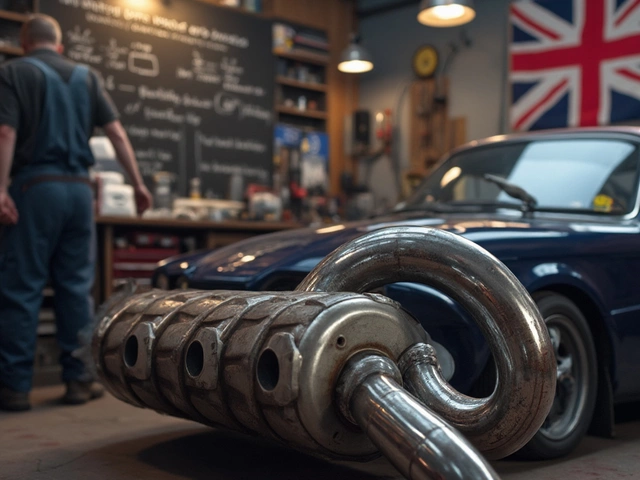Overheating Car: Causes, Checks, and Fixes
When dealing with overheating car, a situation where engine temperature climbs past safe limits, the first thing to understand is that it’s almost always a cooling‑system issue. The car radiator, the heat exchanger that moves heat from the engine coolant to the air, often tops the list of culprits. Behind the radiator sits the coolant, a fluid mixture of water and anti‑freeze chemicals that absorbs engine heat, and the thermostat, a valve that regulates coolant flow based on temperature. If any of these parts fail, the engine can quickly overheat, risking damage to pistons, heads, and gaskets.
Common Signs and Simple Tests
Most drivers first notice a rising temperature gauge or steam billowing from the hood. A sudden loss of power, strange smells, or coolant leaks are also red flags. Before you call a mechanic, you can do a few quick checks: pop the radiator cap (when cool) to see if the fluid level is low, feel the radiator hoses for abnormal heat, and listen for the cooling fan engaging. If the thermostat is stuck closed, the coolant won’t circulate, and the radiator will stay hot. Conversely, a stuck‑open thermostat can cause the engine to run too cool, which also hurts performance. In many cases, topping up the coolant or bleeding air from the system restores normal operation.
The biggest takeaway is that an overheating car is rarely a mystery – it’s a chain of components working together, and a failure in one link ripples through the whole system. Below you’ll find articles that break down each part in detail, from how to price and replace a radiator, to choosing the right coolant mix for UK weather, and what a faulty thermostat feels like when you’re on the road. Armed with this context, you can spot problems early, decide whether a DIY fix is possible, or know exactly what to ask a professional. Dive into the collection to get the practical steps, cost guides, and safety tips you need to keep your engine from boiling over.
 8 October 2025
8 October 2025
Running a Car with a Bad Radiator: Risks, Signs & What to Do
Learn if a car can run with a bad radiator, spot the warning signs, take emergency steps, and know when to repair or replace the radiator for safe driving.
Tags
- car maintenance
- engine oil
- spark plugs
- brake pads
- engine performance
- vehicle maintenance
- spark plug replacement
- windshield wipers
- fuel pump
- suspension parts
- clutch replacement
- oil change
- clutch kit
- car suspension
- car performance
- air filters
- car radiator
- exhaust systems
- fuel pump replacement
- engine misfire






0